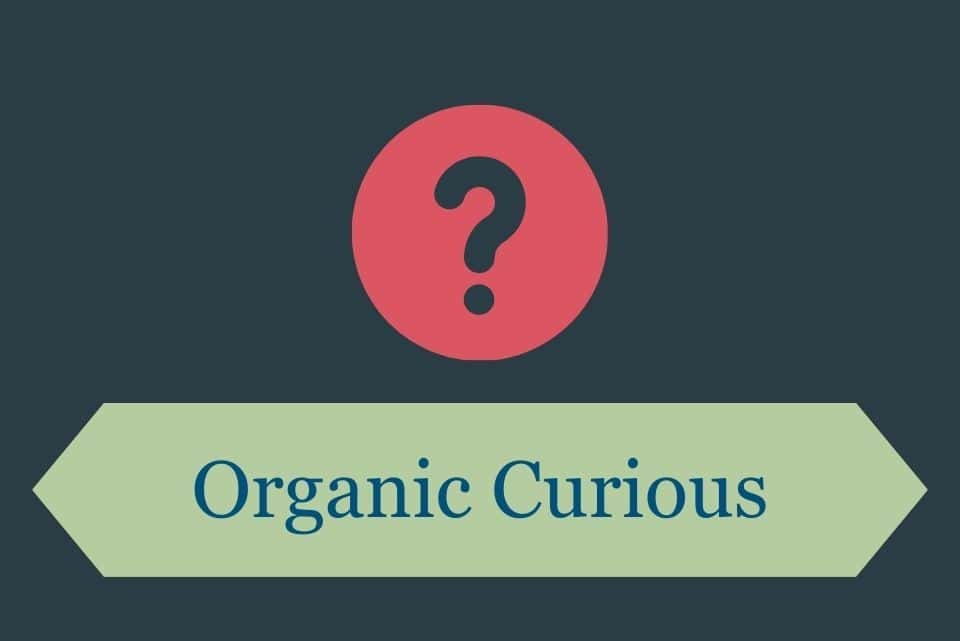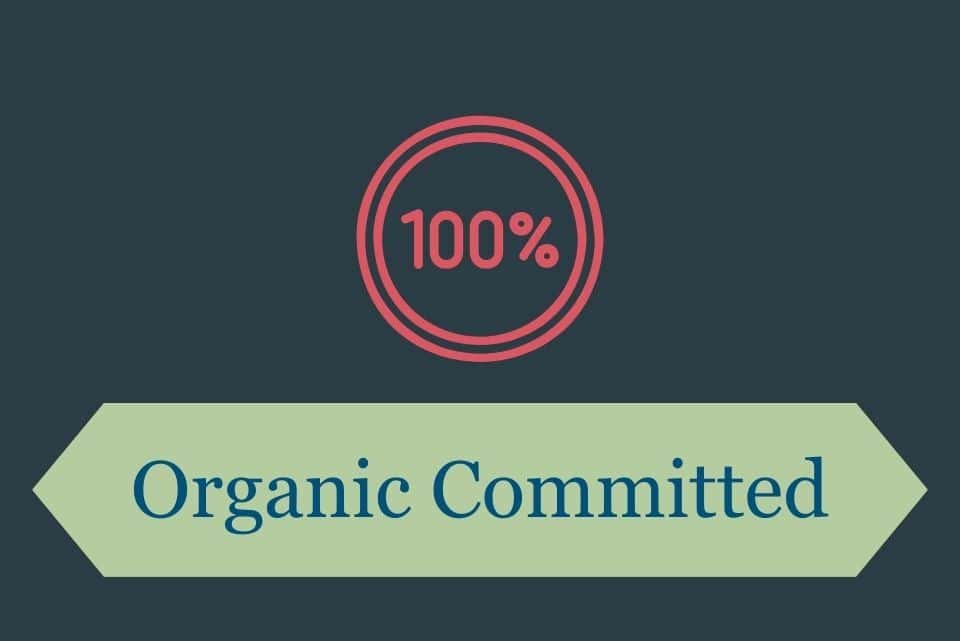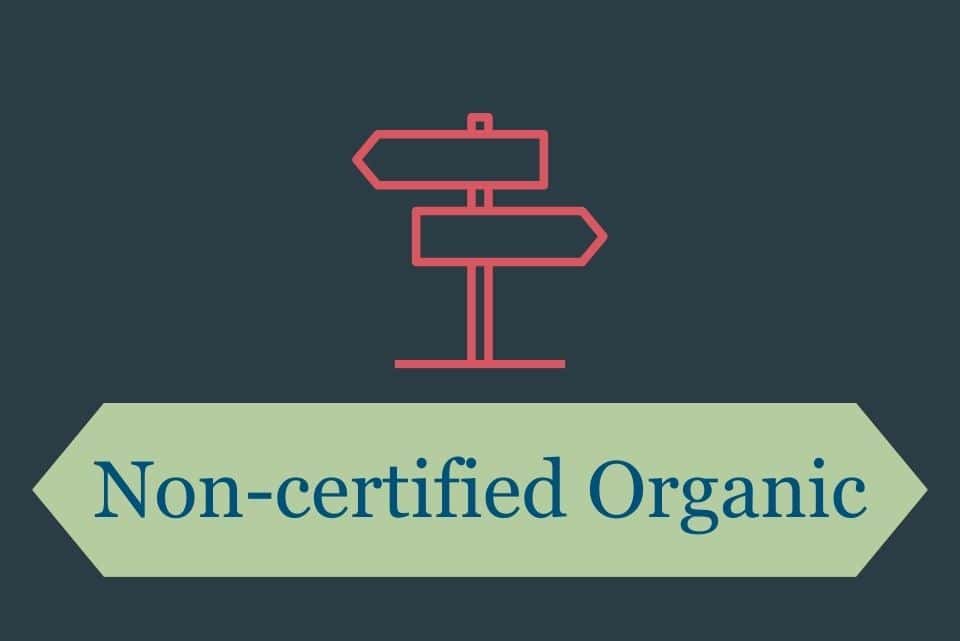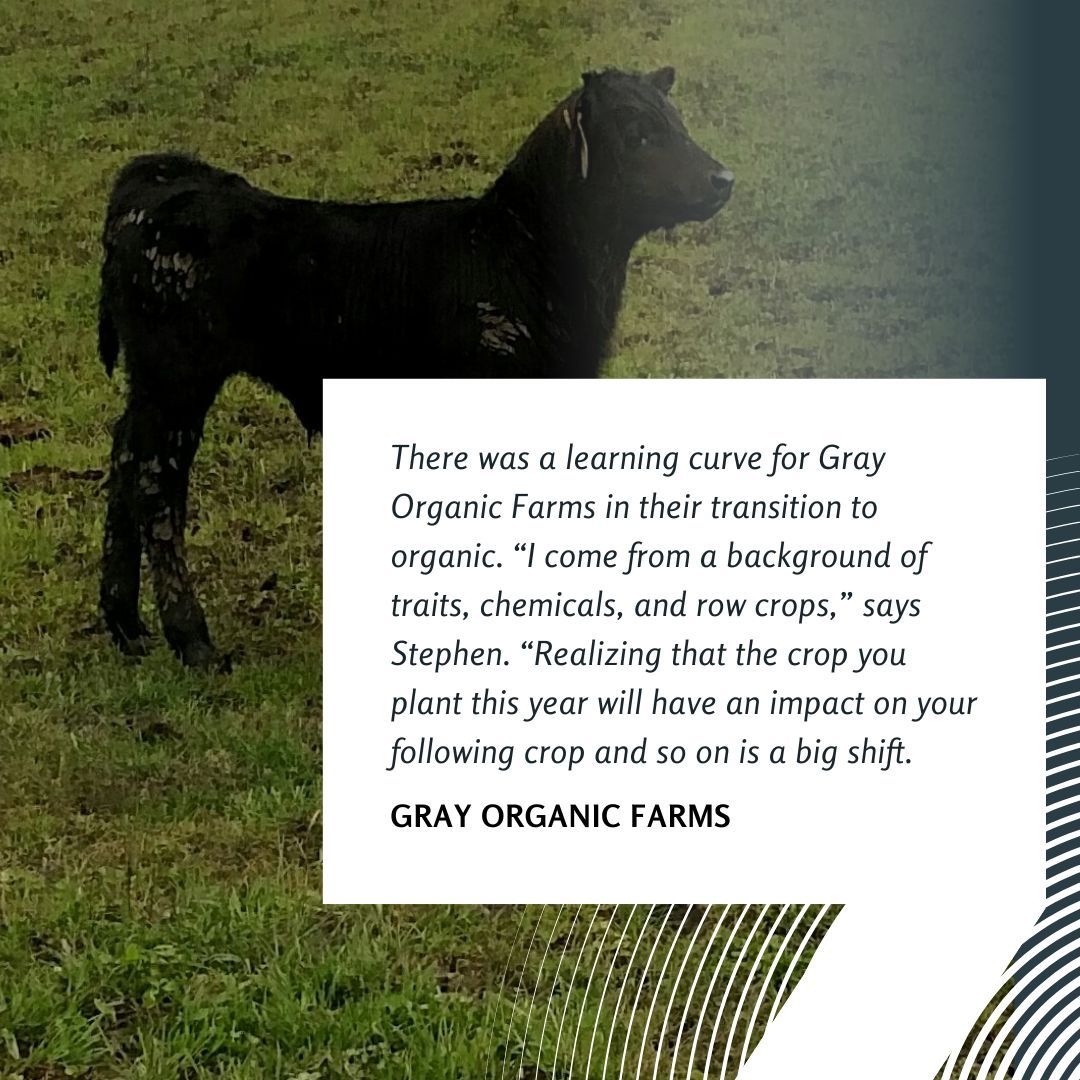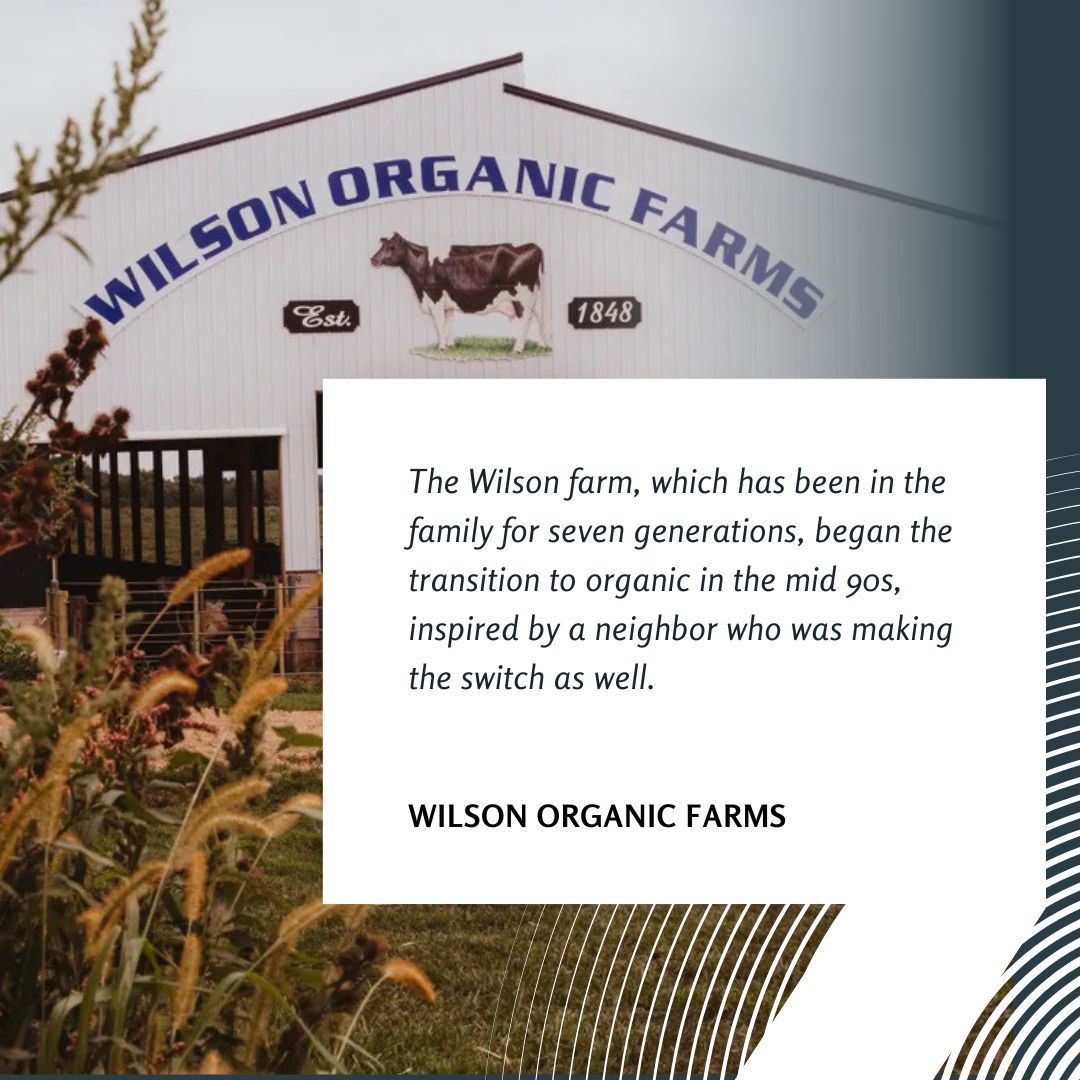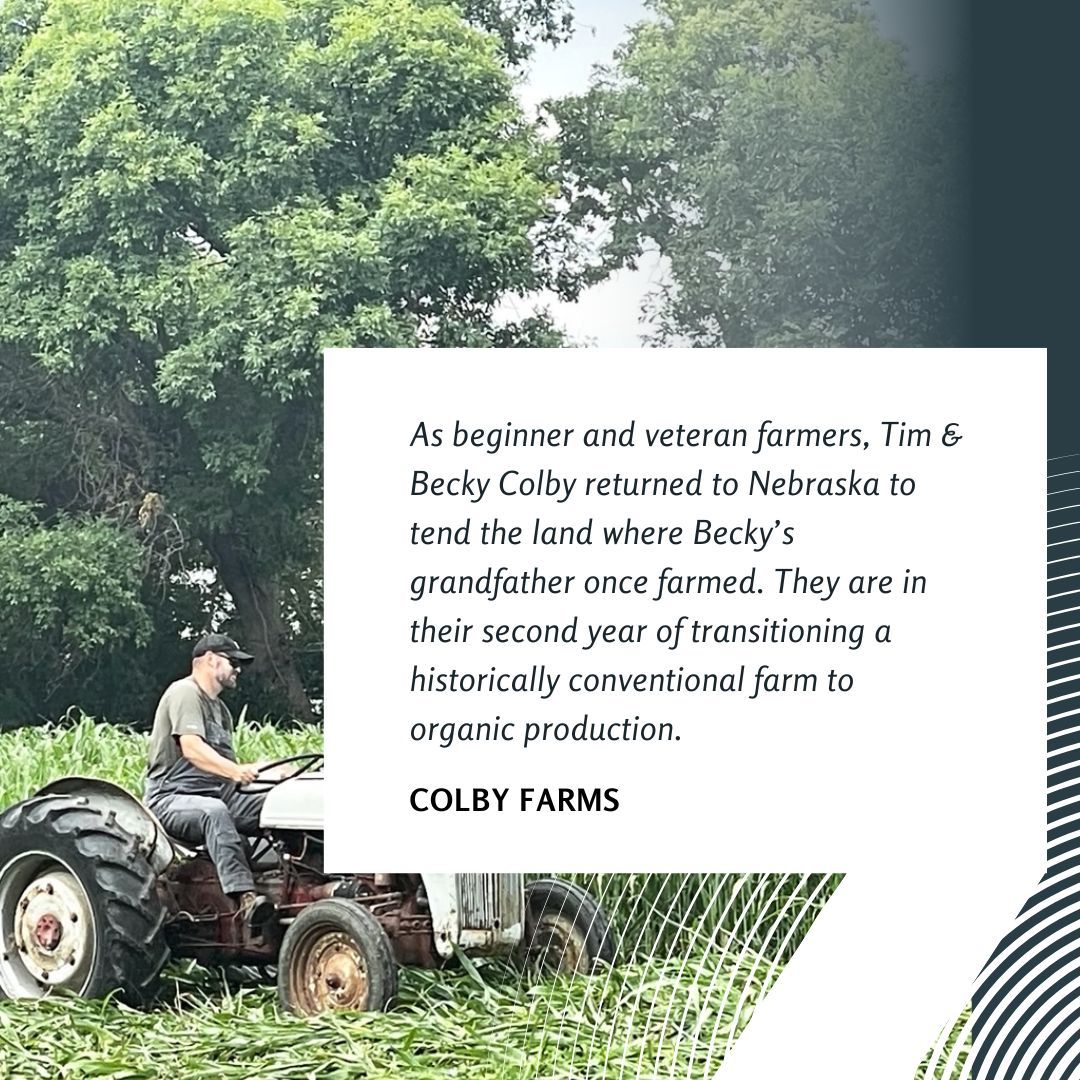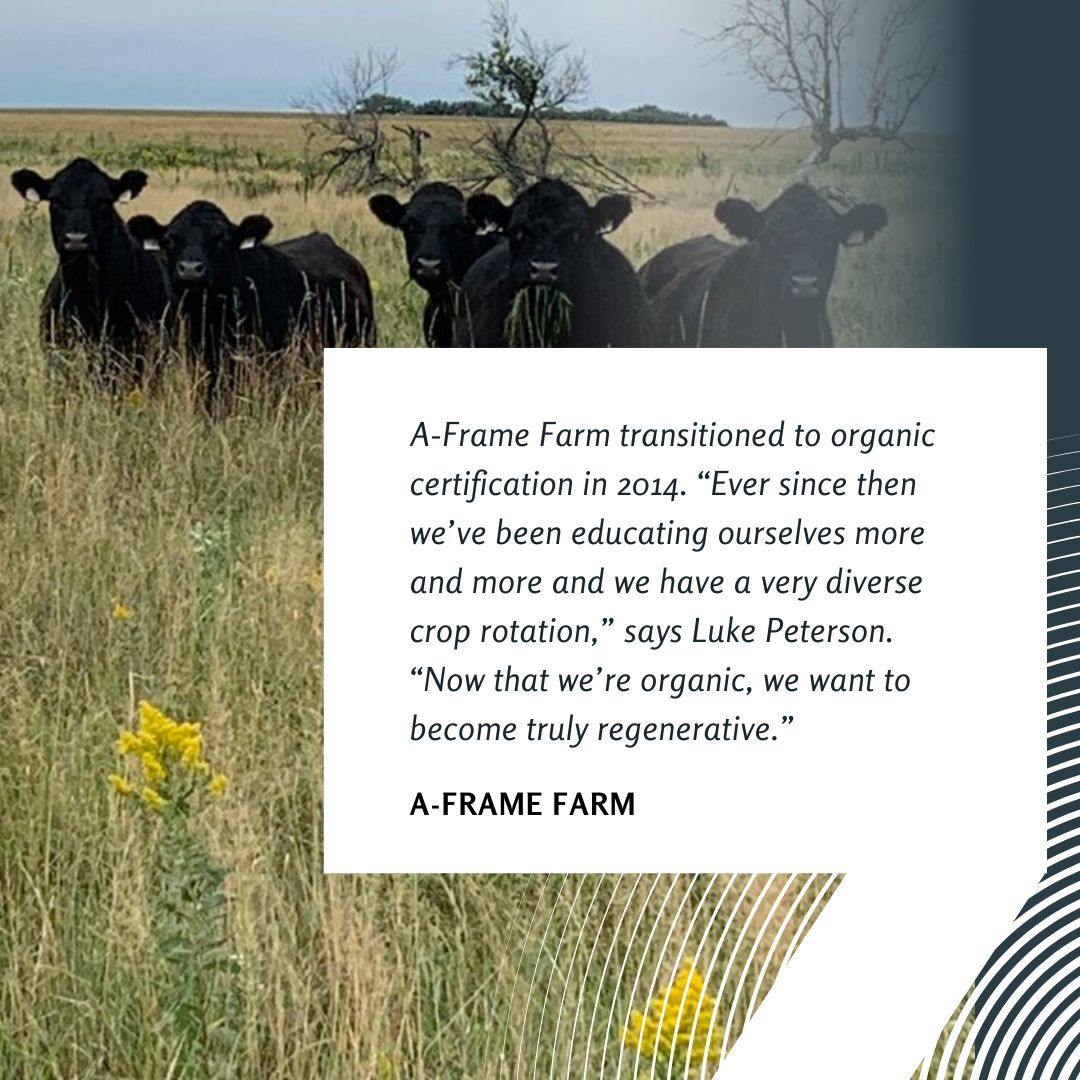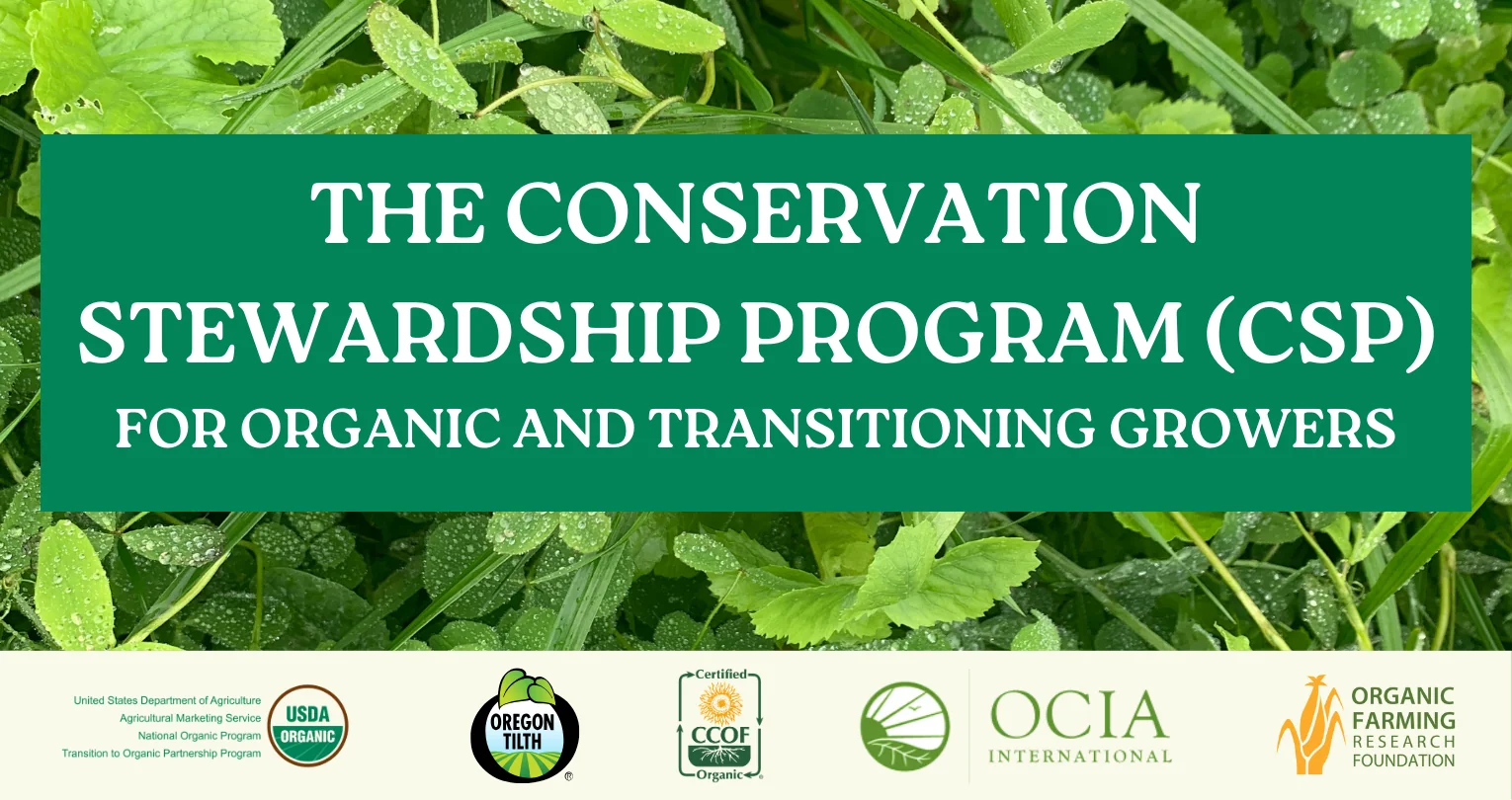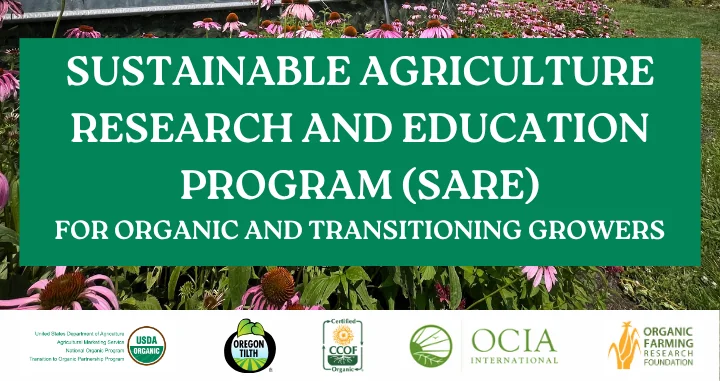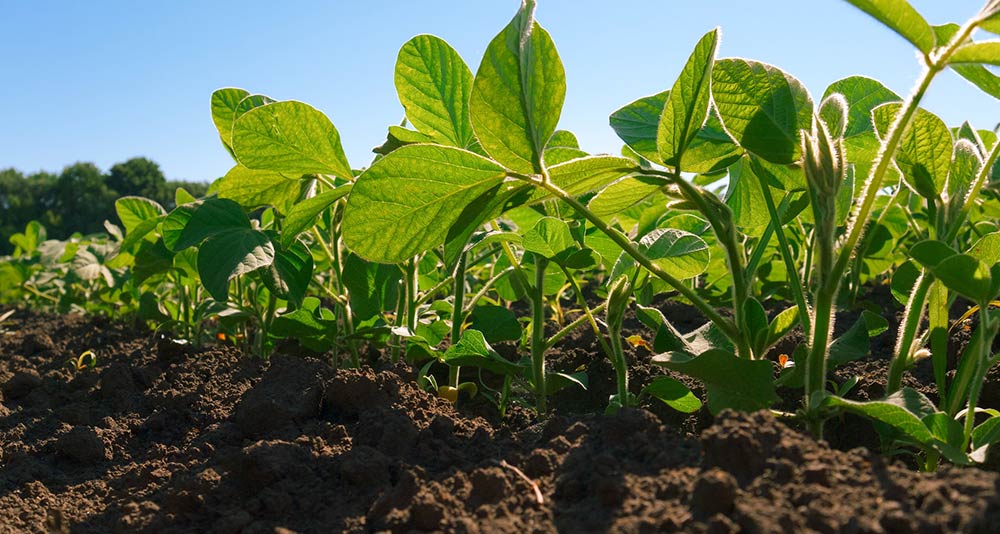Finding the Resources You Need for Organic Certification
The Organic Farming Research Foundation (OFRF) is a trusted source for research-backed, scientifically sound resources and support for farmers. Whether you’ve been farming organically for decades or are just getting started, we are here to help you navigate the journey to organic certification. We’ve compiled lots of materials to get you going, no matter what stage of the process you’re in.
The Path to Organic Certification
Deciding whether or not to be certified
Farmers choose to transition to organic agriculture for various reasons, including improving soil health, reducing reliance on synthetic inputs, enhancing biodiversity, contributing to a more sustainable food system, and taking advantage of the economic opportunities it presents, such as accessing new organic markets and higher price premiums.
Organic certification does require additional record-keeping and attention to detail that may be absent from non-certified operations. While some farmers feel this is a barrier to becoming certified, many who have gone through the certification process say that the record-keeping requirements actually help them make better management decisions for their farms.
It is important to decide if certifying your farm business is the right decision for you at this time. You may be a farmer who follows organic practices, but is not certified because your market does not require it, or perhaps you are interested in accessing a new crop or market where certification is necessary. There are also “split-operations” where a portion of a farm may be certified while another portion is not. There are also some exceptions to certification, including farms that gross less than $5000 in organic sales per year.
The following section will help you assess where you are in your organic certification journey, and what resources will be most useful to you at this time.

This graphic illustrates the organic certification process, from contacting a certifier to submitting the paperwork, completing an inspection, and getting certified.
Where Are You?
Choose from the following options to find the resources right for you at this stage of your organic farming path.
Which of the following statements best describe you:
Hear From Other Farmers About Their Transition Stories
Every farm will have a different reason to transition to organic, and a different transition story. We know the #1 source of information for farmers is other farmers, so we’ve rounded up some of our Farmer Stories that feature operations that have transitioned from conventional to organic production.
Take a look:
For more organic-transition farm stories, check out this collection from the USDA’s Transition to Organic Partnership Program (TOPP): Success Stories
USDA Transition to Organic Partnership Program
We are proud to be part of the Transition to Organic Partnership Program (TOPP) through the United State’s Department of Agriculture’s Organic Transition Initiative (USDA, OTI). In collaboration with the National Organic Coalition (NOC) and the Organic Farmers Association (OFA) we have launched three new programs to support transitioning and organic farmers:
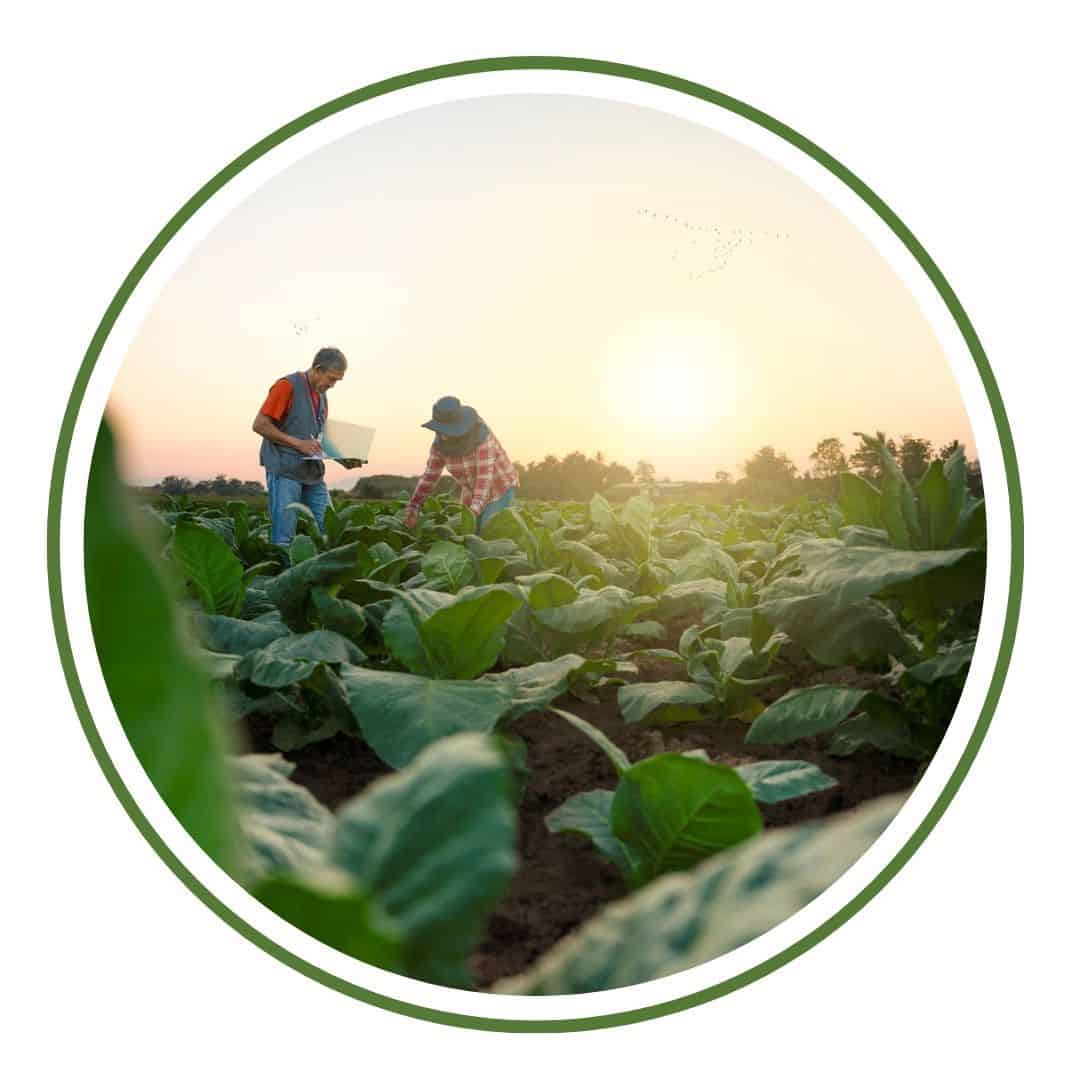
The Organic Research Hub
We are creating an online, centralized content hub, which will include technical resources for organic and transitioning farmers and aggregated science-based resources to address farmer-identified needs. Access the Organic Research Hub here.

Farmer-Led Trials
Our Farmer-Led Trials program facilitates on-farm research aimed at implementing new practices, systems, or seed varieties. We provide financial and technical support and mentorship to reduce risks associated with adopting new practices and equip farmers to find answers to their production challenges. Learn more here.

Seeds of Success: Farmer-to-Farmer Networking Sessions
This series of farmer-to-farmer webinars focuses on organic research topics and issues farmers prioritize as having the greatest impact on their day-to-day operations. These facilitated conversations support farmer-driven solutions, information sharing, and help identify areas for future research and support. Learn more here.
We are also developing a suite of tools and resources designed to help farmers access federal financial and technical assistance for implementing organic practices. These toolkits are all available in English and Spanish. Click the links below to learn more.
Organic Curious Resources
OFRF FAQs page
Answers to common questions about organic farming & production systems.
ATTRA Sustainable Agriculture Program
ATTRA, or Appropriate Technology Transfer for Rural Areas, is a trusted source of sustainable agriculture information and maintains a knowledge base of practical multimedia resources for farmers, ranchers, and educators.
eOrganic
The eOrganic Community of Practice of the Extension Foundation is for farmers, ranchers, agricultural professionals, certifiers, researchers and educators seeking reliable information on organic agriculture, organic farming research results, farmer experiences, and certification. Content is focused on general organic agriculture, dairy production, and vegetable production.
National Organic Program (NOP)
The NOP is a federal regulatory program that develops and enforces consistent national standards for organically produced agricultural products sold in the United States. This website is a good starting point if you want to understand how it works and what they do.
Organic Certification Made Simple, video series
USDA bite-size video series, created in partnership with Florida Organic Growers includes farmer testimonials and walks through the certification process including what to expect in an inspection, parallel/split operations, and more.
Organic Committed Resources
Are You Ready to Go Organic?
This is a good self assessment tool from CCOF to help you determine if you’re ready to pursue organic certification.
USDA Transitioning to Organic Partnership Program (TOPP)
This is the landing page for the USDA’s Transition to Organic Partnership Program (TOPP) and provides a searchable database of organic and transitioning-to-organic resources.
USDA How to Get Certified
This is the USDA’s step-by step guide to organic certification with links to further resources. The place to go if you’re ready to certify and want to understand the whole process.
Organic Materials Review Institute (OMRI)
The Organic Materials Review Institute (OMRI) supports organic integrity by developing clear information and guidance about materials, so that producers know which products are appropriate for organic operations. They review products such as fertilizers, pest controls, livestock health care products, and numerous other inputs that are intended for use in certified organic production and processing.
USDA Guide for Crop Producers
A USDA guide that provides an overview of the process of becoming certified organic, intended to help lead crop farmers through the organic certification process.
USDA Guide for Livestock Producers
A USDA guide that provides an overview of the process of becoming certified organic. It is designed to explain the USDA organic regulations as they apply to livestock producers.
Organic Ready Resources
Organic Certifier Locator, Organic Integrity Database
A comprehensive, searchable database of certified organic operations around the world.
USDA Agricultural Marketing Service (AMS) Accredited Certifying Agents
The landing page for USDA AMS, this page explains accreditation and has instructions for navigating the Organic Integrity Database to find a certifying agent.
USDA Risk Management Agency (RMA)
This site explains the insurance options for organic and transitioning producers available through various RMS programs. It includes a link to FAQs and related fact-sheets.
Transitional Production Plan (TPP) – Crops
Transition plan worksheet from the USDA for “for crops producers transitioning to organic as part of the United States Department of Agriculture (USDA) Organic Transition Initiative (OTI) Transition to Organic Partnership Program (TOPP). These transitional producers have an organic system in place, are implementing practices that are expected to lead to compliance with the USDA organic regulations (organic rules), and are not using prohibited substances.”
Transitional Production Plan (TPP) – Livestock
Transition plan worksheet from the USDA “for livestock producers transitioning to organic livestock production practices as part of the United States Department of Agriculture (USDA) Organic Transition Initiative (OTI) Transition to Organic Partnership Program (TOPP).”
Resources for Non-Certified Organic Operations
OFRF’s Resources page
A collection of free resources on organic management, including online courses, workbooks, factsheets, videos and more.
Not Finding What You’re Looking For?
We’re here to help! Let us know what resources you need for your organic certification process and we’ll do our best to get you connected. Send us an email at info@ofrf.org with the subject line “Transitioning to Organic Resources.”



